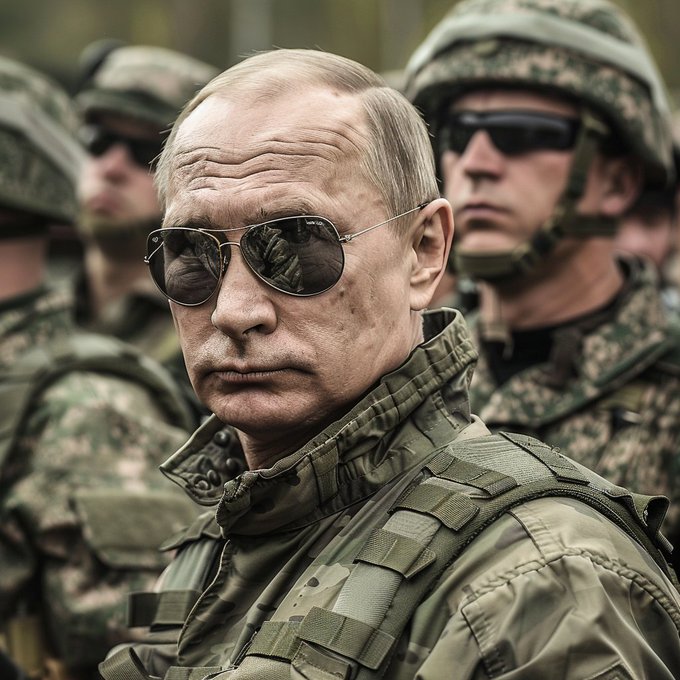Russian President Vladimir Putin reportedly plans to deploy at least 10,000 North Korean troops to the Ukrainian border. This move follows a possible agreement with North Korean leader Kim Jong Un, marking a new phase of cooperation between Russia and North Korea. If confirmed, this deployment would escalate the Ukraine conflict and worsen the already tense geopolitical landscape.
Sources suggest Russia has reached an agreement with North Korea to strengthen its military presence in Ukraine. This deployment would ease the strain on Russian resources, as its military faces setbacks in the war. North Korean troops are expected to support Russian forces in combat or logistical roles, boosting Russia’s frontlines and military operations.
The deal between Putin and Kim Jong Un could involve arms, technology, or even food in exchange for North Korean support. Isolated from the global community due to nuclear ambitions and human rights abuses, North Korea may see this as a chance to deepen ties with Russia. For North Korea, the agreement could secure vital economic or military aid, while Russia gains additional manpower.

The arrival of North Korean troops in Ukraine would mark a significant shift in the conflict. Known for their discipline, North Korean soldiers could provide tactical advantages for Russia. The deployment of 10,000 troops may strengthen Russian lines, which have suffered losses from Ukrainian counteroffensives and Western support. However, the effectiveness of North Korean troops in a foreign combat zone remains unclear, especially in a conflict as complex as Ukraine.
This development has raised alarm in Western nations, including the United States and the European Union. The involvement of North Korean troops could lead to stronger international condemnation and trigger further sanctions against both Russia and North Korea. The risk of the conflict expanding into a larger war involving global powers would increase. Diplomatic efforts to end the crisis may face new challenges, as Russia seeks outside help to continue its military campaign.
Additionally, this potential deployment highlights the growing cooperation between authoritarian regimes in times of conflict. Russia and North Korea appear to be forming a stronger alliance, rejecting Western influence and democratic values. This cooperation could further divide the global geopolitical landscape, with authoritarian states strengthening partnerships to counter Western-led initiatives.
As this situation unfolds, the international community will closely watch for confirmation of North Korean troop movements toward Ukraine. If these reports prove true, the consequences could drastically change the conflict’s trajectory and alter its potential outcomes.




